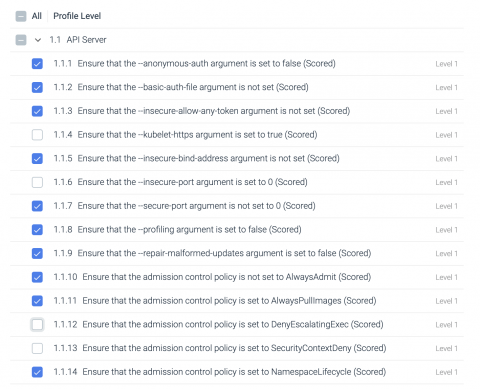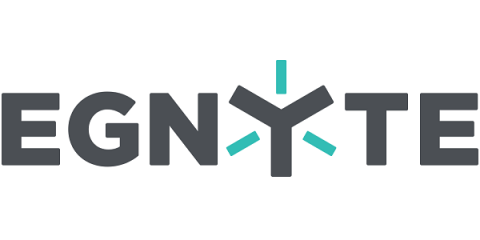Custom compliance filters with Sysdig Secure
Custom compliance filters is now GA as part of the SaaS and on-prem release. With Sysdig Secure, enterprises can enforce compliance filters across the container lifecycle. Teams can automate regulatory compliance controls for PCI, NIST, CIS, for Kubernetes and container environments at scale.They also gain visibility into the performance, health, compliance, and security posture of an on-prem and/or multi-cloud environment from a single dashboard.










